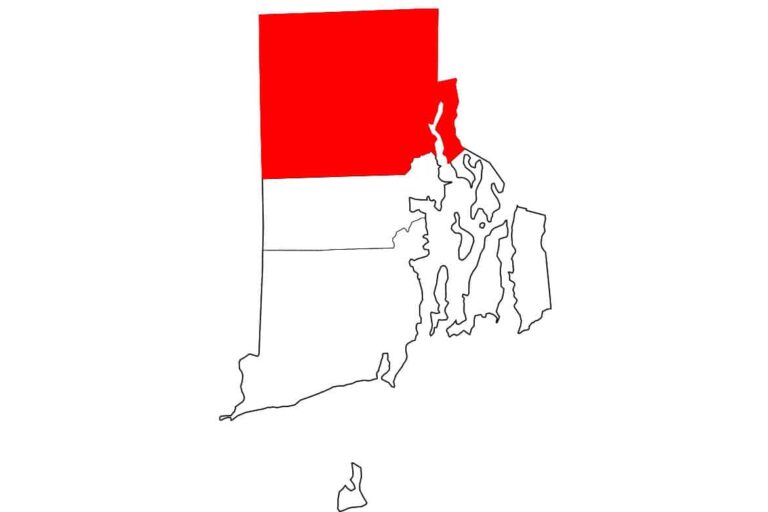Below is information from the Kentucky State Veterinarian’s office describing the Kentucky Department of Agriculture’s understanding and perspective regarding a reported equine herpesvirus (EHV) outbreak affecting horses at Sunland Park racetrack in New Mexico. This information was sourced from Rusty Ford of the Kentucky State Veterinarian’s office.
Ford has been in touch with Dr. Alexandra Eckhoff, New Mexico Livestock Board’s veterinarian overseeing the EHV investigation and who is responsible for directing the disease management strategies at Sunland Park Racetrack in New Mexico. Through these conversations, Ford released the following information about the situation:
- Multiple horses (18) originating from 13 different barns on the grounds at Sunland Park have tested positive for equine herpesvirus type-1.
- Positive samples have been reported from nasal swab and/or buffy coat samples.
- The majority of the horses testing positive were tested after being discovered febrile.
- A single horse demonstrating neurological abnormalities has been euthanized.
- Ford stated that he was unsure as of the date of his report if the strain(s) detected in these cases is the mutated neuropathogenic, wild type or perhaps both.
- Horses on the grounds are being monitored closely and any horse demonstrating evidence of illness (including fever) are sampled.
- Horse movement onto and off of Sunland Park has been halted, and the facility remains under quarantine.
- Testing of horses in the surrounding areas thought to have had opportunity of exposure has been conducted with no positive results reported from these animals.
- The epidemiology investigation as well as monitoring the general population on Sunland Park continues.
- Although tracing animal movement continues, no recent movement (direct or indirect) from Sunland to Kentucky has been identified.
Ford stated that the risk based on information available at the time of his report:
Sunland Park racetrack “Horses having recently resided on or visited Sunland Park are considered by the Kentucky Department of Agriculture as posing an elevated risk (though undefined) for EHV-1 exposure. We do today consider any horse that has been on the backside of Sunland Park racetrack during the previous 16 days (on or after 1/11/16) as having had defined opportunity of exposure, and in as much would not be eligible to enter a Kentucky track until 30 days since the last known exposure. Though we have no evidence of horses having shipped to or received on Kentucky tracks from Sunland during the period immediately preceding restrictions, we have asked Kentucky tracks and training centers to review arrival records and identify horses that may have been received from Sunland since 1/11/16, and if any such horse is identified, they are to contact the Kentucky office of State Veterinarian immediately so appropriate isolation and quarantine can be initiated.”
Routine movement onto Kentucky tracks and training facilities Ford said he was “satisfied that timely and appropriate intervention has been implemented at Sunland Park. Additionally, our routine health requirements for horses (directive that includes a 72-hour Certificate of Veterinary Inspection, EHV-1 vaccination, and certification statements of origin) seeking entrance onto Kentucky tracks and sanctioned training facilities are adequate and when properly implemented and followed should suffice in mitigating the identified risk to our racing population here in Kentucky.”
Ford continued by saying: “In a previous message sent to tracks, training facilities and racing officials, I ask that they review the health protocols established and ensure they are being followed. Additionally, we need to remind our horsemen the importance of having a strong biosecurity protocol within their stables as well as need for daily monitoring and reporting any suspicion of communicable or infectious disease.”
Movement onto farms, layovers etc. Ford stated that, “with recognition of an elevated risk of disease introduction, we are reminding farms, layovers, horse transporters and all horsemen/horsewomen the importance of having a defined and understood biosecurity protocol that their staffs follow for new arrivals that includes isolation and daily health monitoring.”
Ford concluded by saying, “We will continue to keep effective lines of communication with the New Mexico officials, and issue updates as new or important information is learned.”
Veterinarians and horse owners can visit the Equine Disease Communication Center website for information on equine disease outbreaks.








